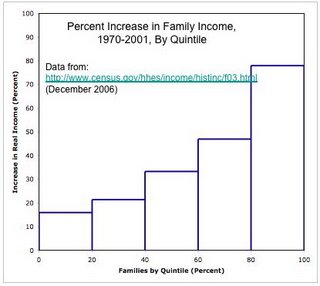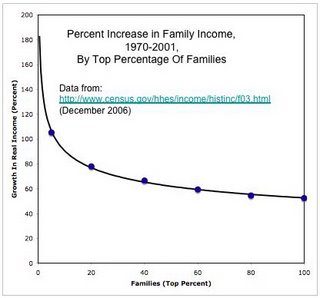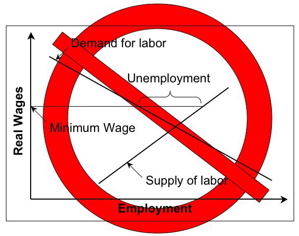"'Listen.' Harold fell into the agitated intensity of a scientist impatient with methodology. 'Can we try something here?'
'Of course. Name it.'
He looked sidelong at me. Not wanting to overstep. 'Kahneman and Tversky?'
I smiled. Funny: Harold would not be impressed with my matching the obscure tags, recent additions to my own neural library. He took that much for granted. Just your garden-variety marvel.
I improvised for Helen a personal variation on the now-classic test. 'Jan is thirty-two years old. She is well educated and holds two advanced degrees. She is single, is strong-minded, and speaks her piece. In college, she worked actively for civil rights. Which of these two statements is more likely? One: Jan is a librarian. Two: Jan is a librarian and a feminist.'
'It knows the word "feminist"?' Mina lit up, arcing into existence at the idea.
'I think so. She's also very good at extending through context.'
Once more, Helen answered with a speed that winded me, given the pattern-sorting she needed to reach home. 'One: Jan is a librarian.'
Harold and I exchanged looks. Meaning?
'Why is that more likely, Helen?'
'Helen? It has a name?'
'That is more likely because one Jan is more likely than two.'
Now Harold took a turn laughing like an idiot.
'Wait a minute,' Mina said. 'I don't get it. What's the right answer?'
'What do you mean, what's the right answer?' Harold, raging affronted fatherdom. 'Think about it for ten seconds.'
'Well, she has all these feminist things about her. So isn't it more likely that she would be a feminist librarian than just a ...?'
Mina, seeing herself about to label the part more likely than its whole, threw her hand over her mouth and reddened.
'I can't believe it. I've worked my mental fingers to the bone for you, daughter.'
Harold's growl was motley at best. Helen, choosing the right answer for the wrong reasons, condemned herself to another lifetime of machinehood. Harold's girl, in picking wrongly for the right reasons, leaped uniquely human.
He cuffed her mussed hair, the bear teaching the cub to scuffle. 'I'm deeply disappointed in you.'" -- Richard Powers (1995). Galatea 2.2, Farrar Straus Giroux (p. 221)
12 years ago



























